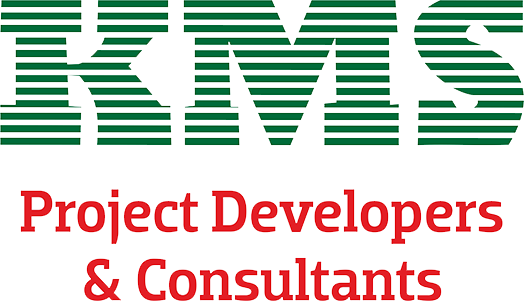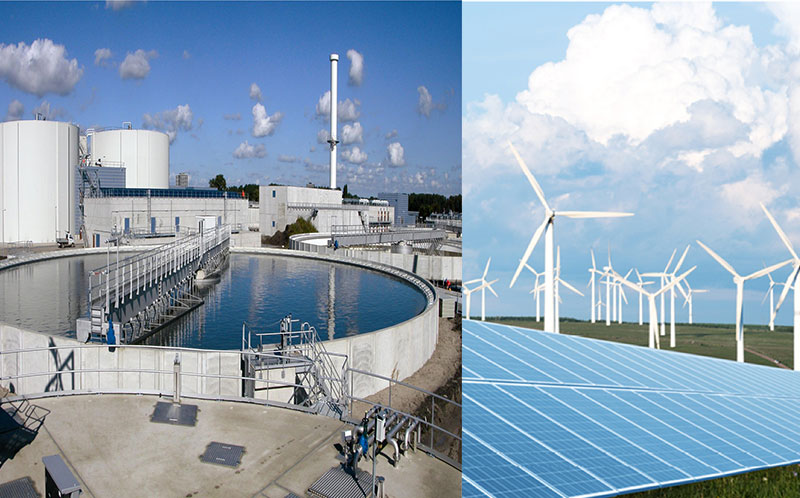Being one of the oldest consulting and project development team in GHG projects across various GHG schemes, we are also involved in projects eligible for Global Carbon Council (GCC) scheme across the World as a consultant and developer.
In general the GCC project development and monetization process cycle consists of the following steps:
The two stages are:
(a) GCC Project Registration Stage; and
(b) GCC ACR Issuance Stage
Steps in GCC Project Registration
- Review of the project activity and preparation of strategy. Only standalone project is eligible under GCC.
- Decide whether the project is eligible under GCC for the various types depending on the start date and labelling for the environmental and social aspects. CORSIA labelling is also possible. Preparation of Project Submission Form based on the type of project.
- Intense discussions with the project owner to solidify the approach to be followed to accomplish the task of monetization of the carbon and environmental attributes. For GCC Project Activity the minimum crediting period is 10 years fixed. Generally during these discussions the applicable approved methodology to be used should have been decided. In case it is found that there is no approved technical methodology (both CDM and GCC methodologies are applicable) which is applicable as per the existing or proposed project activity then a new methodology is to be written and get it approved from GCC. It may be possible that along with the new methodology approval application we may submit the project for the Validation also. List of approved CDM methodologies based on technical sector and scale of projects are available here. List of approved GCC methodologies based on technical sector and scale of projects are available here.
- Submission of project documents to GCC by project owners for the completeness check which is done by GCC within 5 days of the submission. Depending upon project type, local stakeholder meeting, if required should have to be completed at this time.
- While assessing submissions for completeness, the GCC Operations Team may request additional information from Project Owners, or revisions of the submission.
- Upon receiving re-submissions, completeness and eligibility checks will be performed again. Only completed submissions will be uploaded to the GCC website (confidential documents will not be uploaded on the public website).
- A project registration request is considered submitted once the completeness check has been approved and the project has been assigned a unique reference submission number.
- Once a project registration request is considered submitted, the project owner can select an approved GCC Verifier who conduct the Project Verification as per the requirements indicated in the Verification Standard.
- Once a project is deemed submitted, the GCC Operations Team shall make it publicly available on the GCC website for Global Stakeholder Consultation (GSC) for 15 calendar days and shall invite comments from stakeholders.
- At the end of the GSC period the verifiers shall review all project documentation submitted and comments raised (if any) by stakeholders; perform a site visit (as required in the Verification Standard and/or deemed necessary by the GCC Verifier based on an analysis of the risks associated with the project); raise non-conformities (if any); and invite the Project Owner(s) to undertake corrective actions (if applicable)
- GCC Verifier issues the audit findings after conducting the project site visit.
- Audit findings are replied with relevant evidences and then GCC Verifier may close all CAR’s and CL’s and submits the Final Validation Report along with associated documentation to GCC and project owners. GCC Project Verifiers may recommend to the GCC Steering Committee the project should either register or not register the given project, with or without certification labels.
- GCC may accept or reject the project with or without certification labels.
- In case of registration GCC transfers the project documents to IHS market carbon registry where it is visible for the buyers. Within 15 calendar days of receiving notification that a request for registration of a project is considered submitted by the GCC Operations Team, the Project Owner(s) shall open an account in the GCC online Carbon Registry, operated by IHS Markit on behalf of GCC Program, and accessible via IHS Markit website.
Steps in GCC Project Verification for issue of ACR (Approved Carbon Reductions) and additional certification for labels
- Publishing of the relevant Project Monitoring Report (PMR) and other related documents on the GCC Carbon Registry
- Completeness check of the submission is done by the GCC Operations Team within five calendar days of submission. While assessing the submission for completeness, the GCC Operations Team may request Project Owners to submit additional information, or to revise the submission. Upon receiving a re-submission, the completeness check is performed again. Only completed submissions are uploaded on GCC Carbon Registry (confidential documents are not uploaded on the public website).
- Project documentation is considered submitted when the completeness check is approved and, subsequently, a unique reference submission number is assigned for the specific monitoring period of the Project Activity.
- Project Owners shall appoint a GCC Emission Reduction Verifier that has been approved for verifying projects covering the GCC Scopes and GHG Sectoral scopes relevant to their Project Activity. The GCC Emission Reduction Verifier shall not have conducted the Project Verification of the same GCC Project Activity.
- Once the project documentation is considered submitted and after the Project Monitoring Report (PMR) for the reported monitoring period is available on the GCC Carbon Registry, the appointed GCC Emission Reduction Verifier shall conduct an Emission Reduction Verification. GCC Emission Reduction Verifiers shall conduct Emission Reduction Verifications as per the requirements indicated in the Verification Standard.
- GCC Verifier issues the audit findings after conducting the project site visit. There is no publishing period applicable.
- Audit findings are replied with relevant evidences and then GCC Verifier may close all CAR’s and CL’s and submits the Final Validation Report along with associated documentation to GCC and project owners. GCC Project Verifiers may recommend to the GCC Steering Committee it should either issue or not issue ACRs for the monitoring period, with or without certification labels. The documents are submitted by the verifier to the project owner.
- Project Owners shall submit, via the GCC Carbon registry, the project documentation required for issuance of ACRs, with or without certification labels, for the Project Activity, for the verified monitoring period, as per the requirements of the Project Standard. This also includes the Proof of payment of applicable issuance and additional label (if applicable) fees as per the latest version of the GCC Fee Schedule.
- GCC may accept or reject the issuance with or without certification labels
- In case Issued, GCC transfers the project documents to IHS market carbon registry where it is visible for the buyers. Project owner can transfer or retire ACRs to GCC carbon registry. GCC then instructs IHS markit to retire or transfer ACRs in to the GCC carbon registry.
For further details and explanation visit the relevant GCC page here.
It may be possible as per the applicable regime/credit standard specific rules, to shift a CDM/GHG project to GCC regime, to continue earning the emission reduction certificates. Speak to our experts today to understand more on the applicable scenarios and opportunity.
Possible business engagement models with us include:
- Pure consulting engagement based on task wise deliverables with fixed fees payable at pre-determined process stages. In general this model is called as fixed fee model.
- A consulting model based on task wise deliverables with professional fees payable as a percentage of the emission reductions, (ACRs) that are going to be certified. In general this model is called as success fee model.
- A consulting model which is a hybrid of the above mentioned model 1 and model 2. A combination of fixed fees and success fees as a percentage of the emission reductions certified. In general this model is called as fixed cum success fee model.
- An ERPA (Emission Reduction Purchase Agreement) model wherein we offer project owner a fixed or floating price for the credits, and we prepare documentation and pay the validation and verification cost of the project.
- Special engagement model devised on a case by case basis for a specific project activity.
Based on the specific project characteristics, market conditions and other relevant parameters KMS may or may not offer one of the models described as above.
Contact us today to receive best in class technical project development and strategically beneficial services. Let’s start the discussion to responsibly and effectively monetize carbon and environmental attributes.


Add Comment